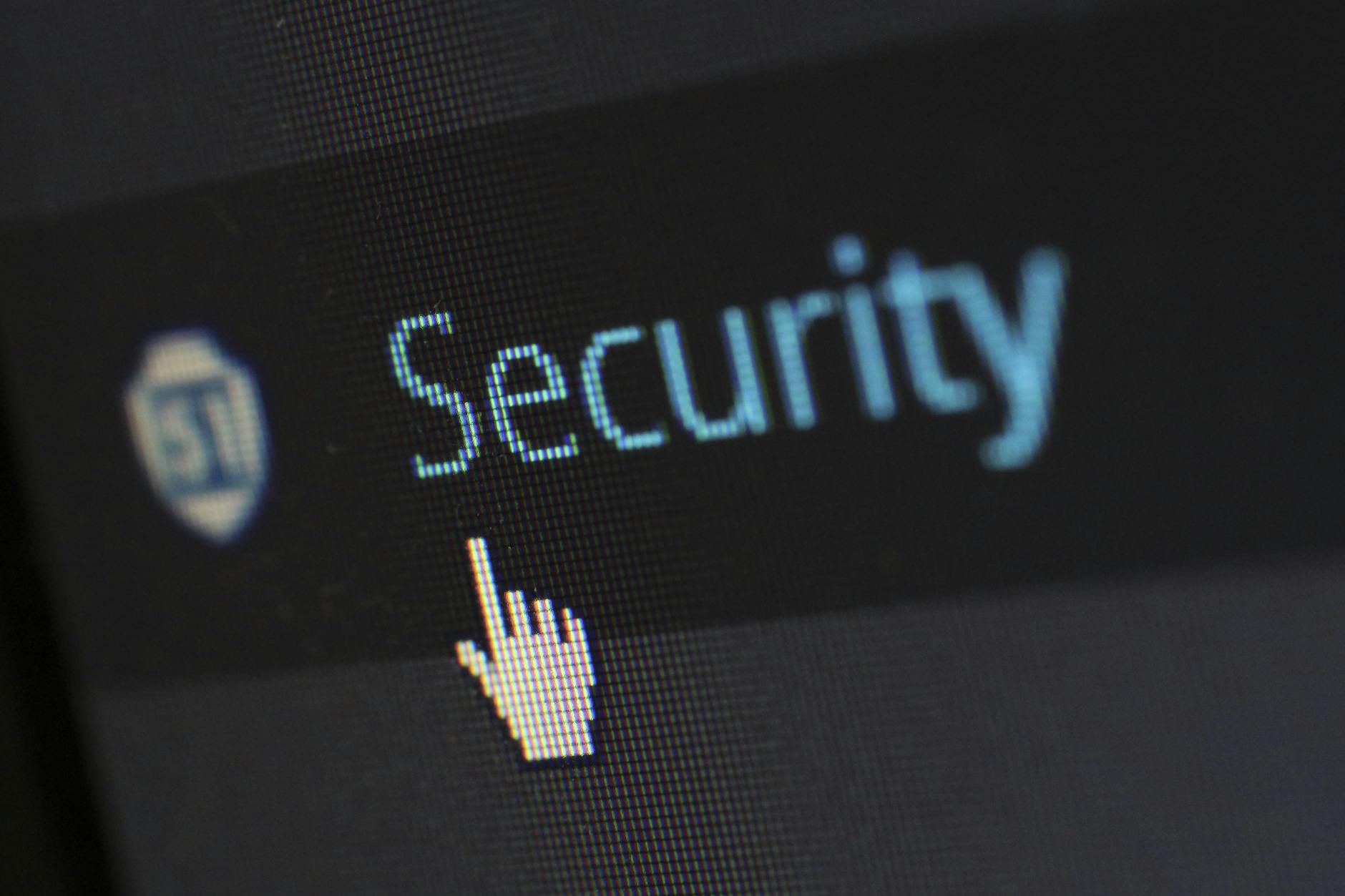The cybersecurity landscape is undergoing a radical transformation driven by the advancements in artificial intelligence and quantum computing. Experts are sounding the alarm, highlighting both the immediate dangers posed by AI-enhanced cyberattacks and the looming threat of quantum computers capable of breaking current encryption standards.
AI is being weaponized by cybercriminals to automate and amplify attacks. Generative AI is fueling sophisticated phishing campaigns at scale, while voice cloning technology allows for the circumvention of identity verification measures. Furthermore, agentic AI, capable of independent reasoning and action, introduces a new level of complexity, mimicking human-like adaptability in malicious systems.
Looking ahead, quantum computing threatens the very foundations of modern cryptography. Quantum algorithms possess the theoretical ability to crack widely used encryption methods like RSA and Elliptic Curve cryptography, potentially compromising online communications, digital signatures, and cryptocurrencies.
To counter these emerging threats, cybersecurity professionals are advocating for a zero-trust security model. This approach operates under the assumption that no user or device is inherently trustworthy, necessitating constant verification, continuous monitoring, and swift responses to potential vulnerabilities. Organizations are also exploring the use of AI agents to augment security teams, particularly in identifying anomalies and patterns within vast amounts of data.
While AI-driven threats require immediate mitigation, preparing for the eventual arrival of quantum computing is equally crucial. This involves gaining comprehensive visibility over data assets, assessing data sensitivity, reviewing existing encryption keys, and formulating migration plans for the adoption of post-quantum cryptographic algorithms. By embracing proactive defense strategies and embedding zero-trust principles, organizations can enhance their resilience and maintain a competitive edge against both AI and quantum-based cyberattacks.
